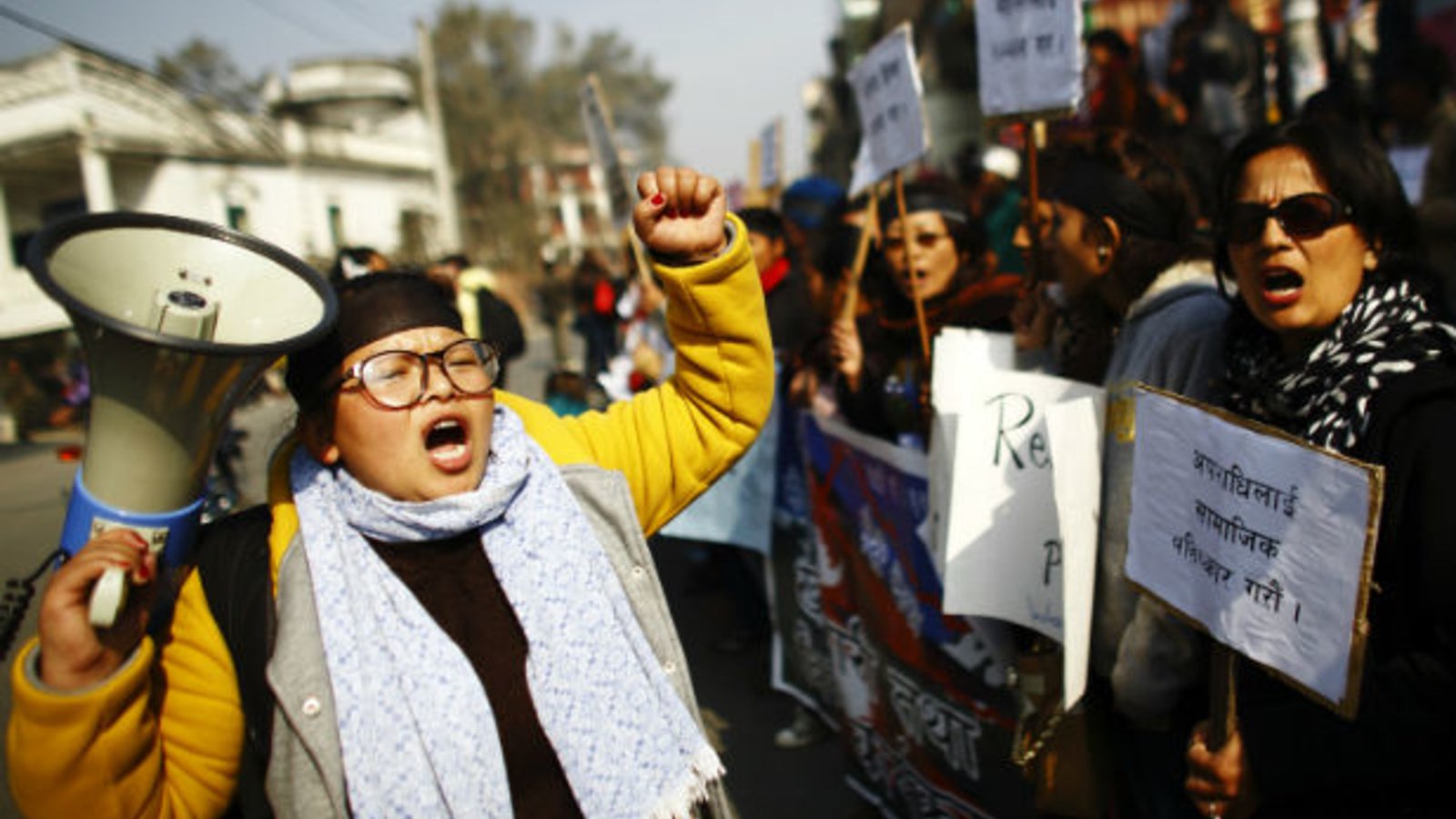How Does the International Covenant on Civil and Political Rights Work?

The International Covenant on Civil and Political Rights is a multilateral treaty that was adopted by the United Nations General Assembly on 16 December 1966. It came into effect on 23 March 1976. Its Article 49 lays out the principles for the enforcement of international treaties. Its aim is to ensure that everyone enjoys the same rights as everyone else. While the agreement was signed by all states, many countries have still not ratified it. Here’s a look at how it works:
The Committee will review the extent to which national policies reflect the rights of foreigners and will specify how they will be implemented. The Committee will invite the participation of non-governmental organizations in this process. The report should not just be a description of legislative provisions; it should also include references to domestic remedies and procedures. This means that the committee will consider both the practical and theoretical aspects of implementing the Covenant. The ICCPR is a body of independent experts, and its work enables the ICCPR to work effectively on behalf of its members.
The Covenant’s principles and obligations will determine how a state is bound to implement its obligations under the Covenant. The CISG is an example of this, requiring all parties to take appropriate steps to ensure the rights of their citizens are fulfilled. Its principles of equality and justice must underpin every measure taken by the government of a state to protect and promote human rights. The ICCPR requires all states to ratify and implement the ICCPR in full and without delay.
The UN aims to promote the implementation of the Covenant in all nations. The goal of this process is to help states abide by its obligations to ensure the well-being of their citizens. The international community is a complex one, and there are many details to consider in order to achieve that goal. While the UN has not ratified the International Covenant on Civil and Political Rights, the UN has stated that this document must be implemented by all countries, including the US.
Under the Covenant, States Parties must eliminate any de jure discrimination. These laws, regulations and practices may not have any legal validity but they are unlawful under the UN Charter. In other words, the UNCRC will not protect a state against any kind of discrimination. The Covenant will also prevent states from using their own sovereignty to restrict or subordinate others. The UNCRC cites other instruments in its documents as an example of how to ensure the implementation of its principles.
According to the International Covenant, States Parties must respect the rights of children and the liberty of their legal guardians. Parents and legal guardians must ensure that their children receive a sound moral and religious education. The right of freedom of expression extends to the freedom to seek information, express ideas, and use any media. There is no right to discriminate against people who exercise their rights. The UNCRC has set out its own rules for implementing the Covenant.
